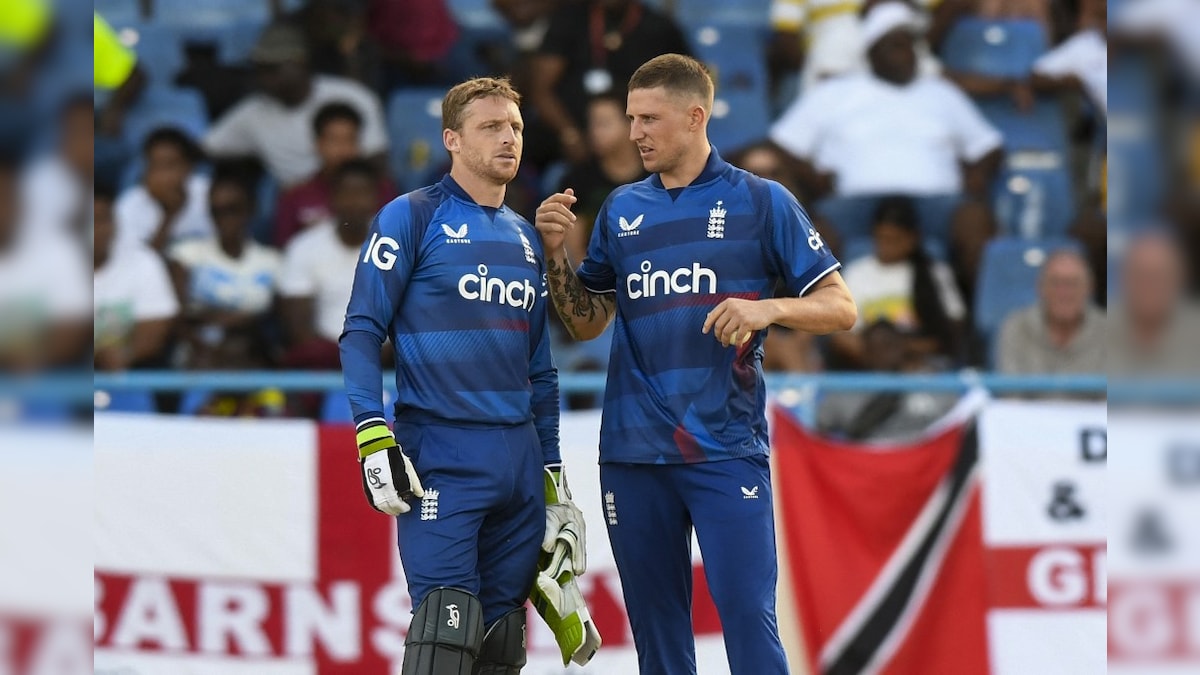
In order to add more discipline to the game, the International Cricket Council (ICC) introduced a ‘stop clock’ rule on Monday, December 11. In the newly updated Men’s playing conditions, the ICC have added a provision for an electronic clock, which will not only inject more pace into the game, but will also help in penalising the fielding team for time wastage. The digital clock has been introduced on a trial bases between December 2023 and April 2024, purviewing a total of 59 matches.
The new rule will come into picture during the first T20I between West Indies and England in Barbados on 12 December, 2023.
“Under clause 41.9 of the revised Men’s ODI and T20I playing conditions, which deals with provisions against time wasting by the fielding side, the clock has been added under sub-clause 41.9.4,” the ICC had said in a statement.
How will the ‘Stop Clock’ rule work?
The clock rule will come into force between overs. Upon completion of an over, the electronic clock will initiate a 60-second countdown on the big screen.
The fielding team will have to start the next over during the given time frame. For consequences, they will be given two warnings, with a third offense resulting in a five-run penalty.
The third umpire has the responsibility to determine the starting of the clock. This is either when the last ball of the previous over has been called dead or any umpire or player review from the final ball of the previous over has been completed.
If a fielding side is ready to resume within the time, but the batting team is not ready to start, the umpires shall determine if provisions related to batter wasting time are applicable to the situation.
Are there any exceptions?
According to ICC’s release, there are expections to the above rule. If the clock has already started, it can be only cancelled under the following circumstances:
1. A new batter comes to the wicket between overs
2. An official drinks interval has been called
3. The umpires have approved the onfield treatment of an injury to a batter or fielder
4. The time lost is for any circumstances beyond the control of the fielding side.
Wasim Khan, the ICC General Manager – Cricket added that the results of the stop clock trial will be assessed at the end of the trial period.
“The stop clock trial in white ball international cricket follows the introduction of a successful new playing condition in 2022, which resulted in the fielding team only being allowed four fielders outside of the inner circle if they were not in a position to bowl the first ball of their final over in the stipulated time.
“The outcomes of the stop clock trial will be assessed at the end of the trial period.”
(With ICC Inputs)
Topics mentioned in this article




